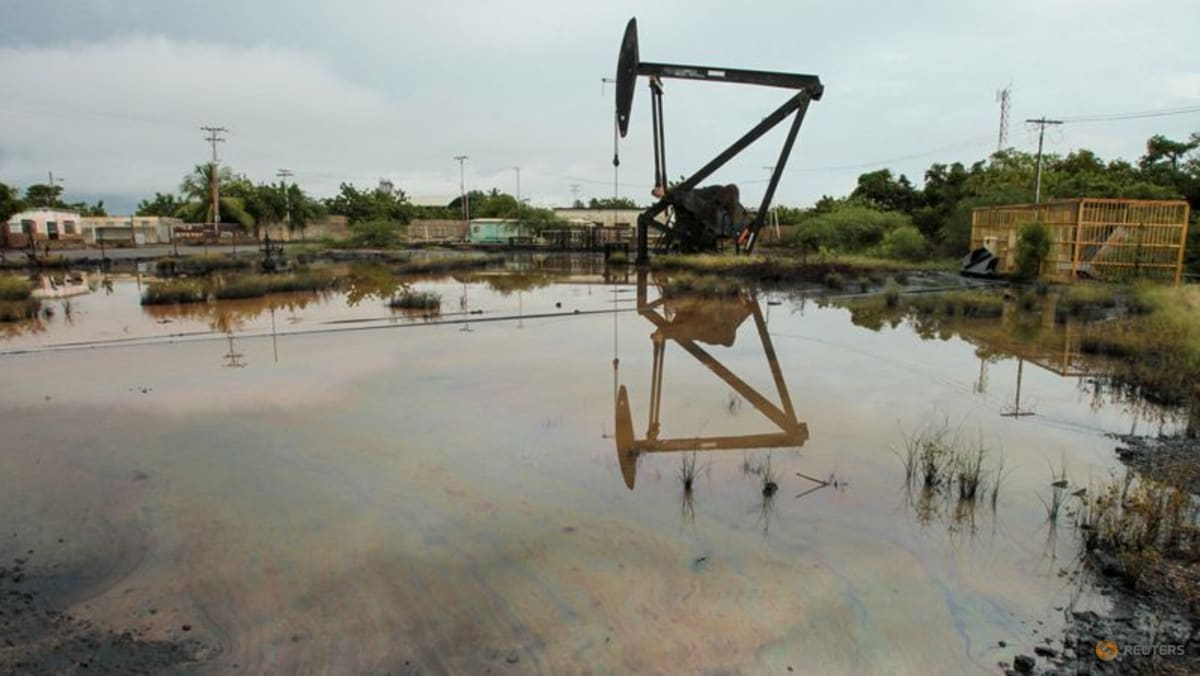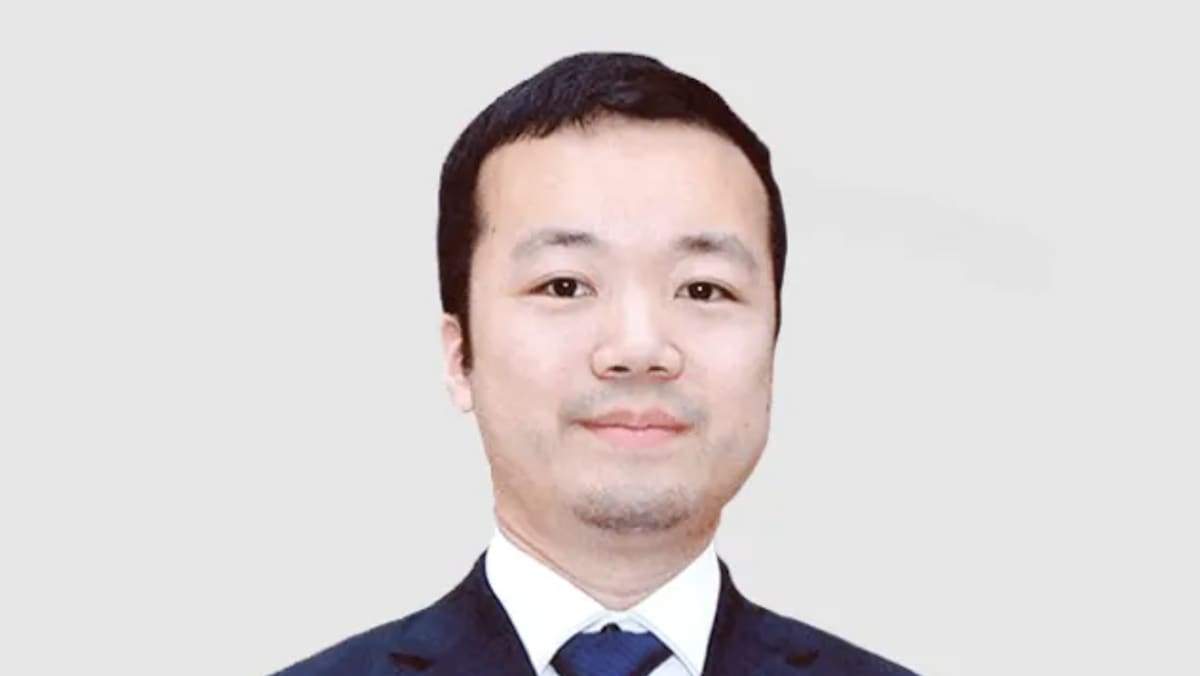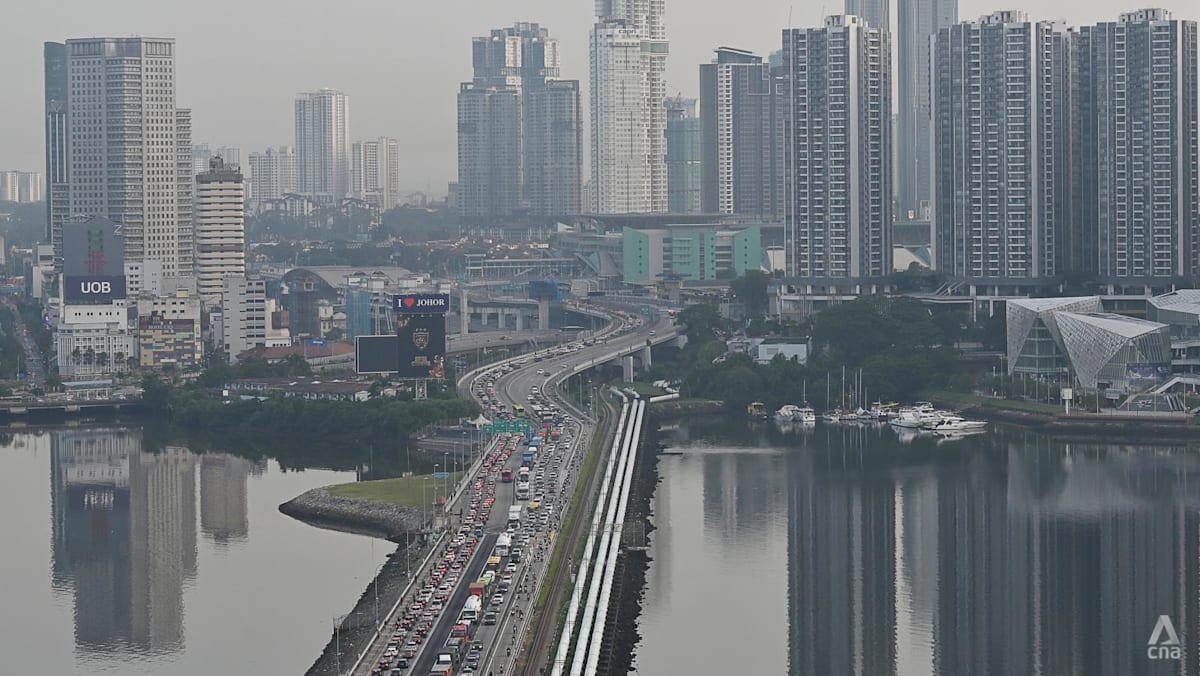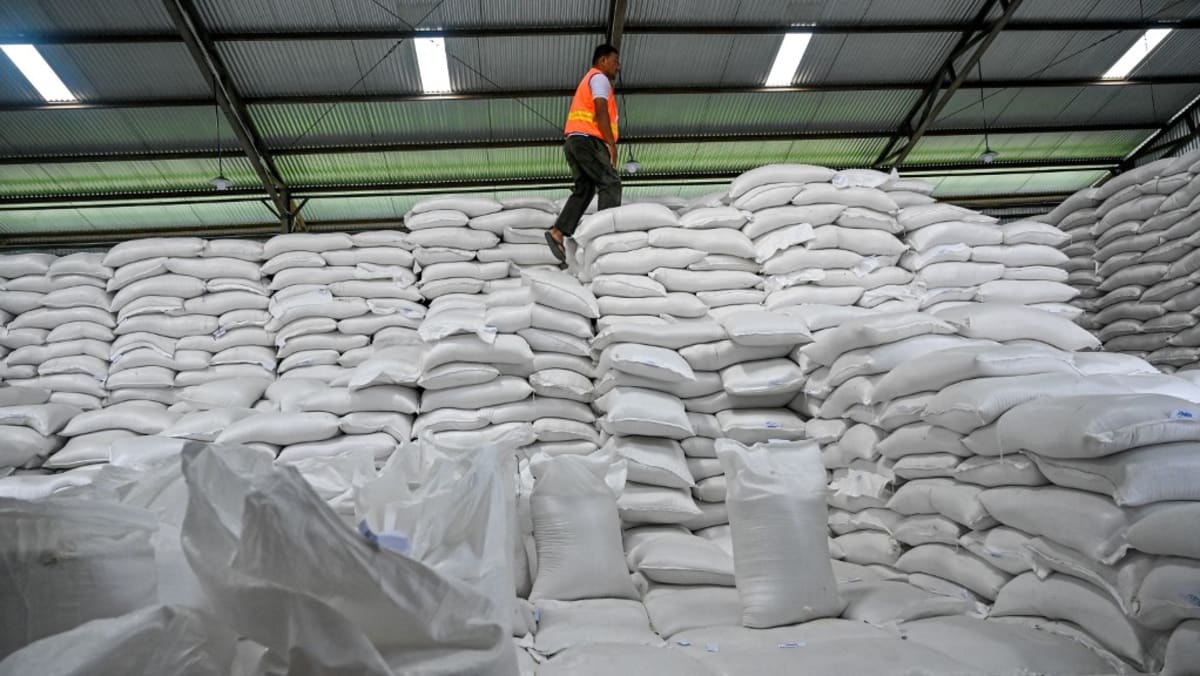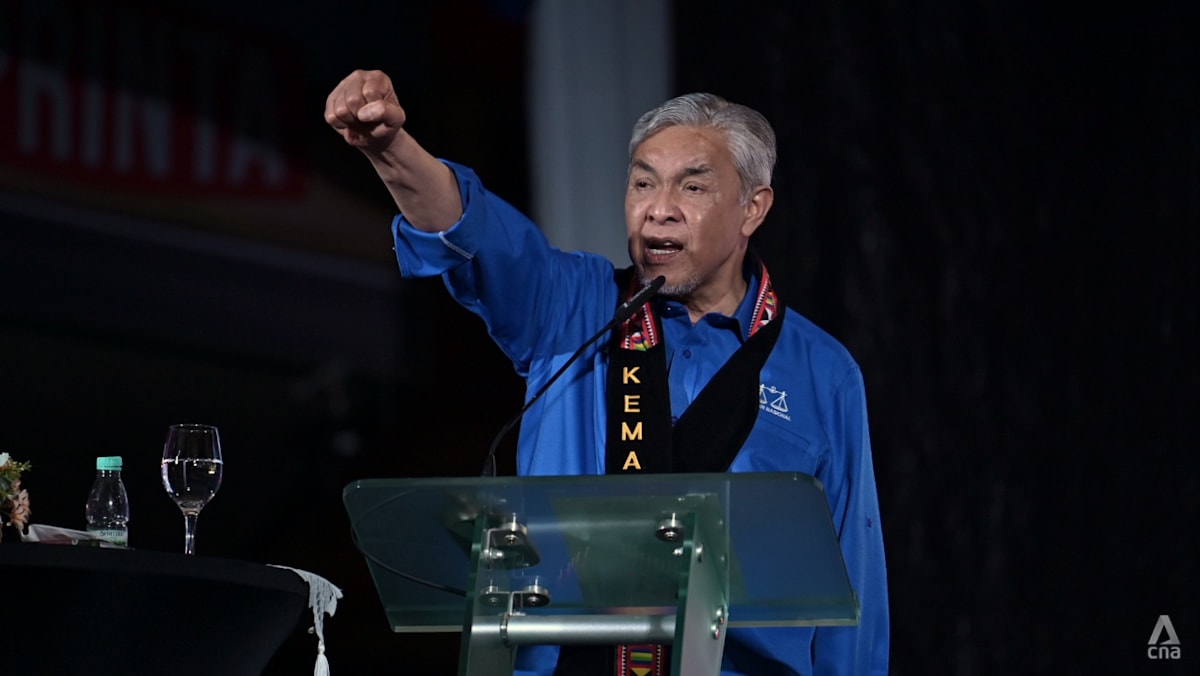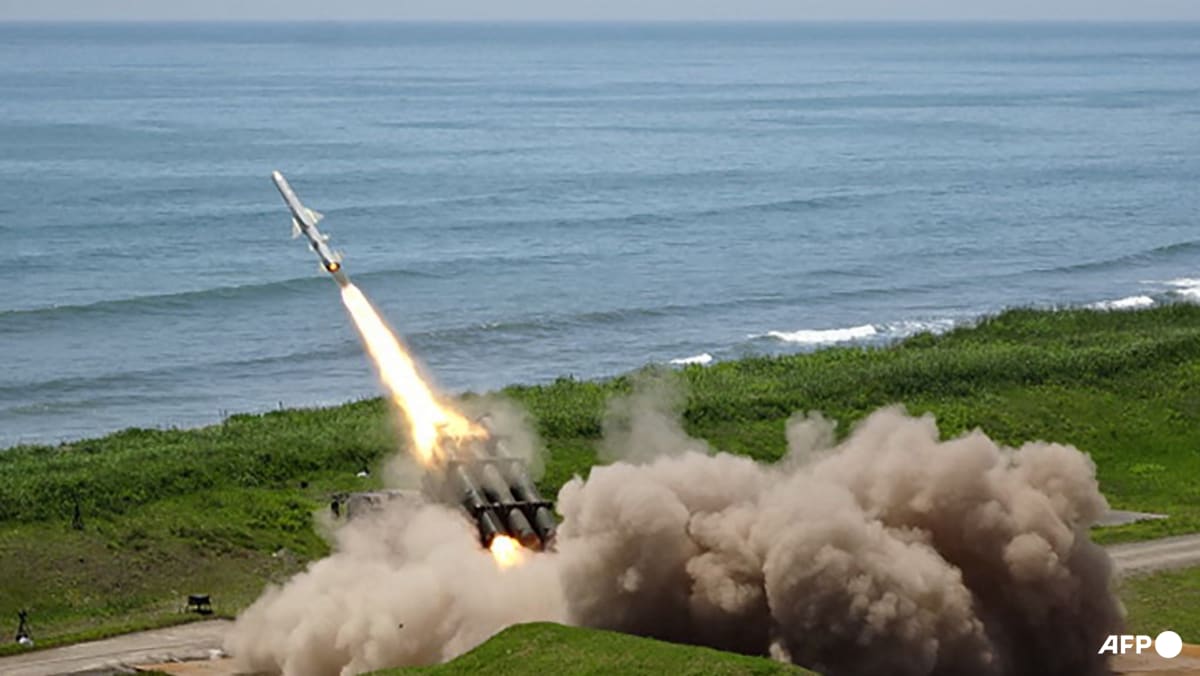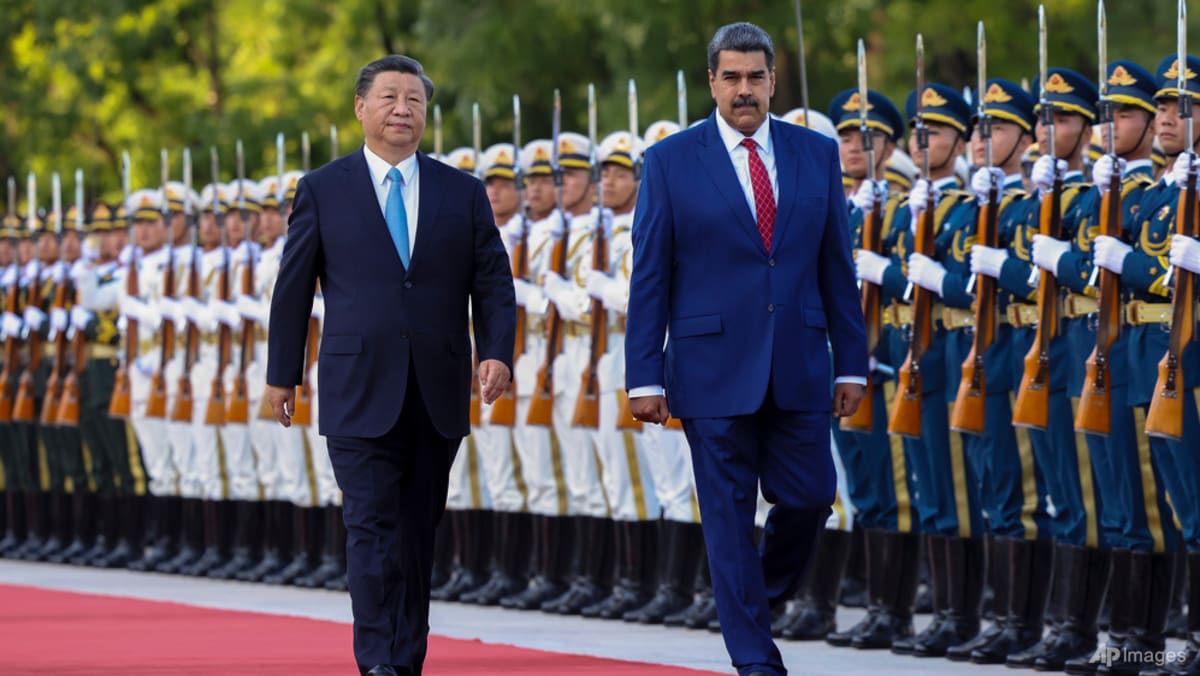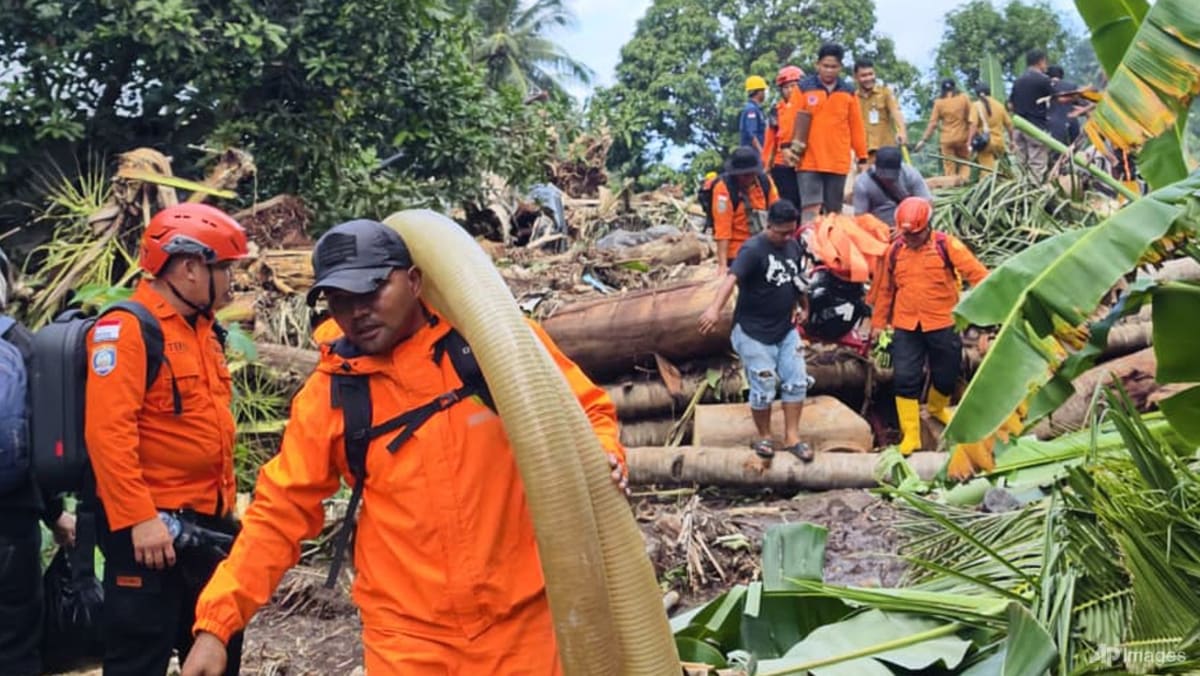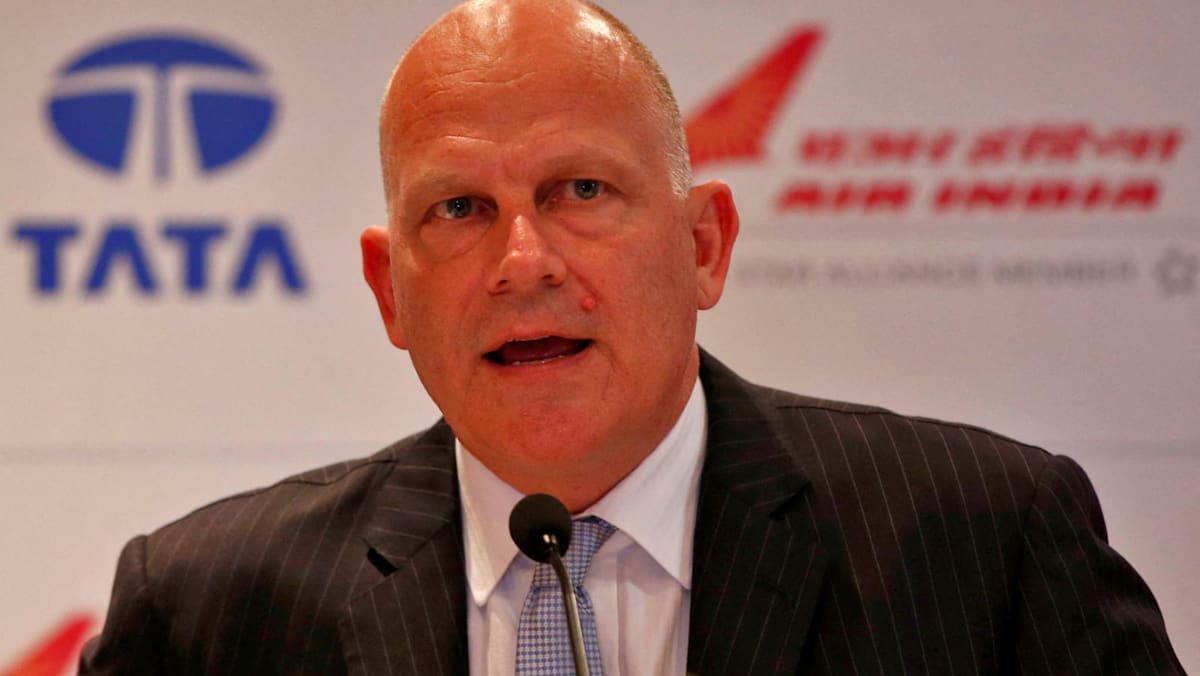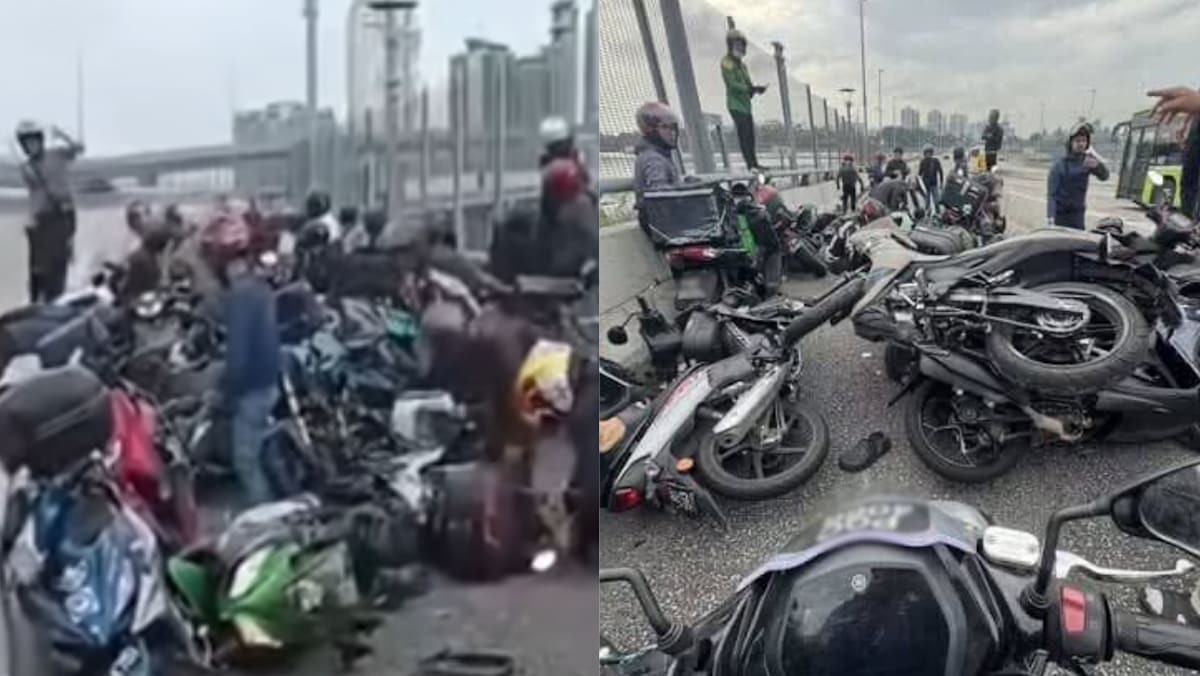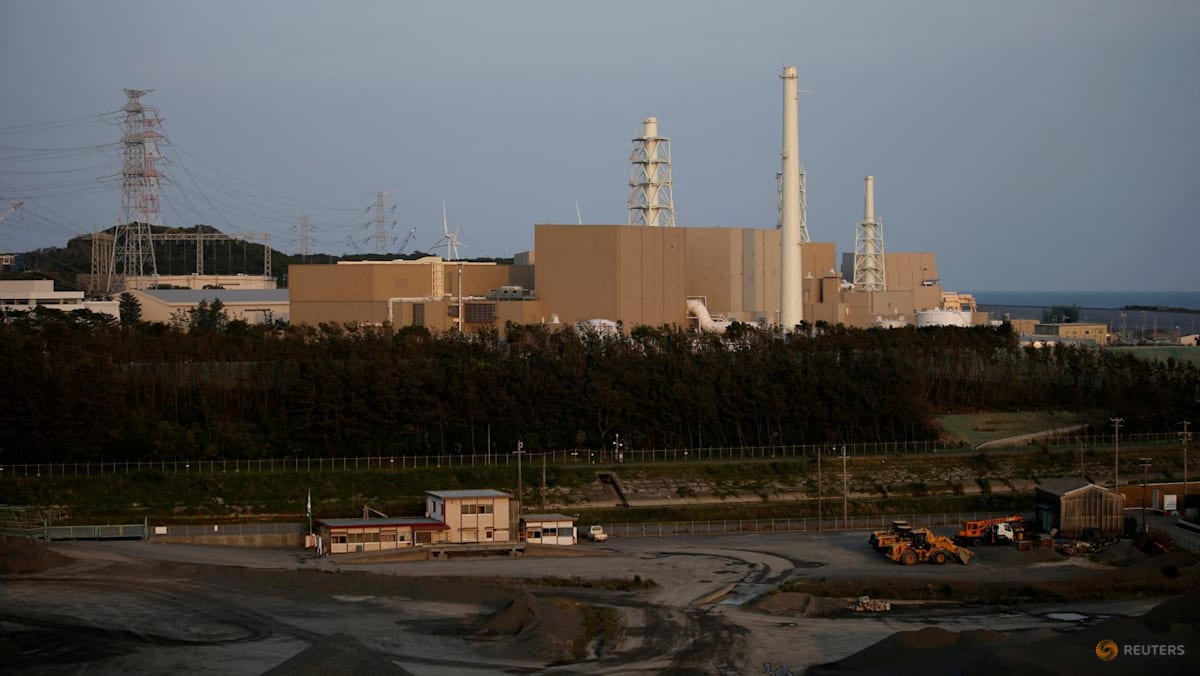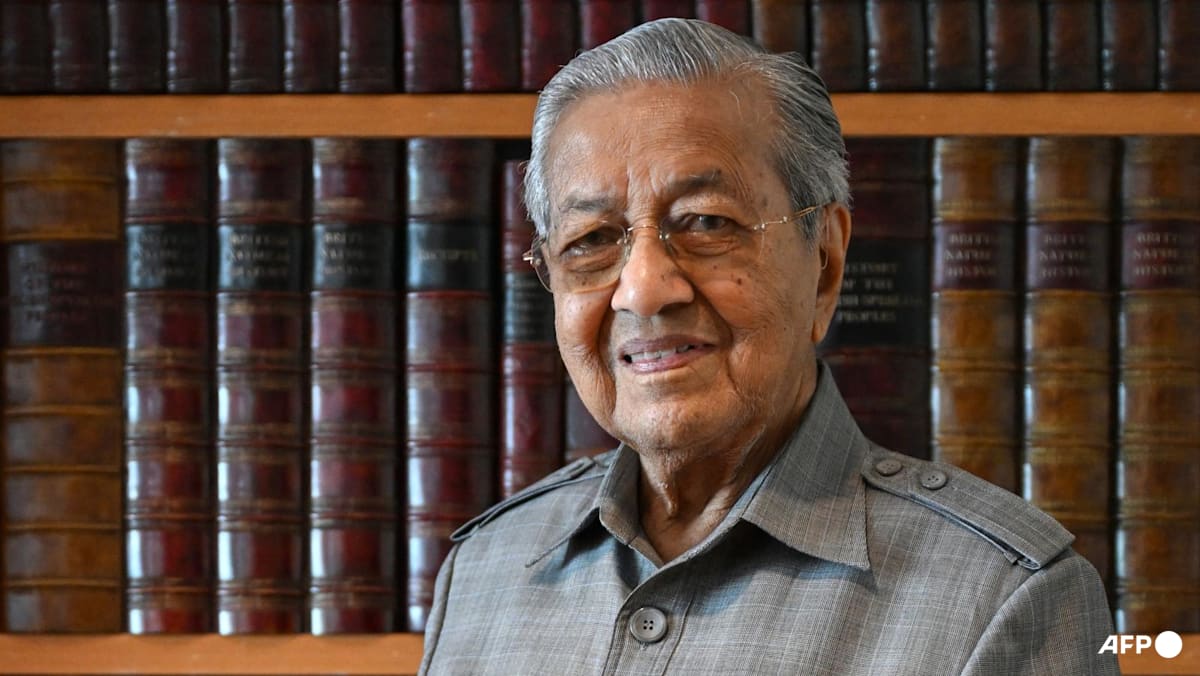Indonesia, Boeing sign deal for sale of F-15 fighter jets
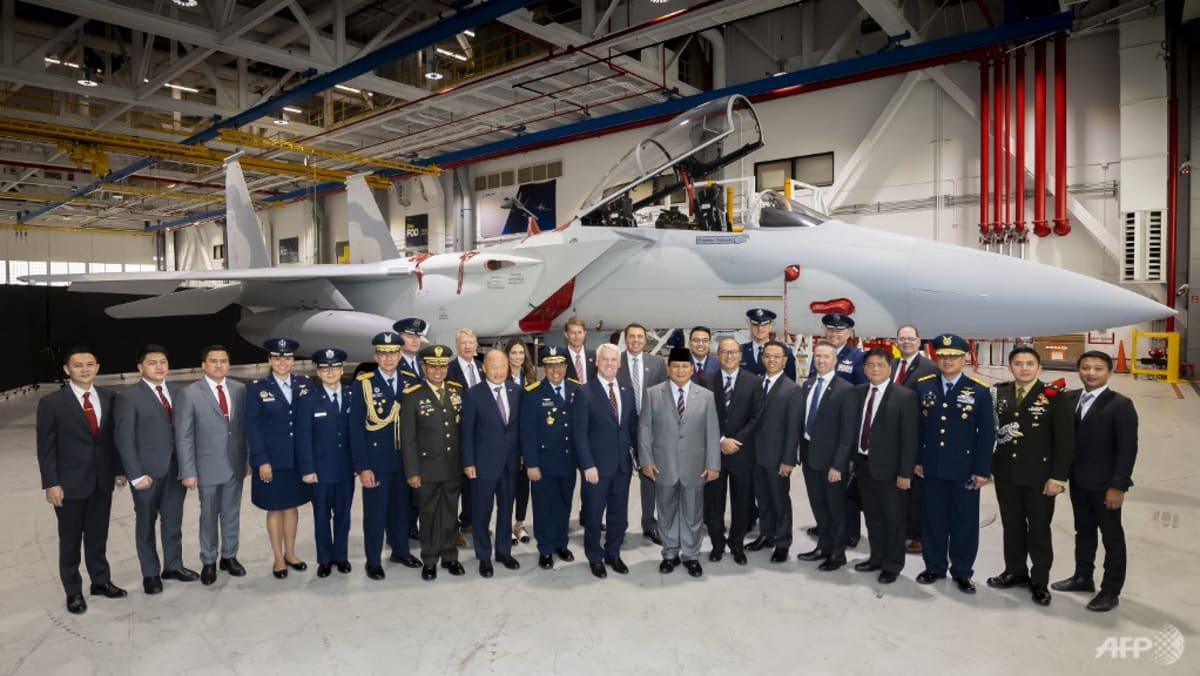
JAKARTA: Indonesia’s defence ministry and United States planemaker Boeing have signed an agreement on the sale of 24 F-15EX fighter jets to help modernise the Southeast Asian country’s ageing fleet, the ministry and the company said.
Officials from the ministry and a Boeing executive signed the memorandum of understanding at Boeing’s St Louis, Missouri, facility on Monday (Aug 21), Boeing said, though it underscored that the transaction was subject to US government approval.
“This state-of-the-art fighter will protect and secure our nation with its advanced capabilities,” Indonesian Defence Minister Prabowo Subianto said, according to Boeing’s statement.
Boeing and the defence ministry did not provide details on the deal’s value.
The F-15EX is the most advanced version of the F-15, with digital fly-by-wire flight controls, a new electronic warfare system, a digital cockpit and the latest mission systems and software capabilities, Boeing said.
Prabowo and his US counterpart, Lloyd Austin, discussed the planned procurement during Austin’s visit to Jakarta last year.
Indonesia has increased its defence spending in recent years to overhaul its fleet, which includes US-made F-16 and Russian Sukhoi Su-27 and Su-30 jets.
This year, Jakarta bought 42 Dassault Rafale fighter jets for US$8.1 billion.
It has also purchased 12 used Mirage 2000-5 fighter jets in an US$800 million deal that drew criticism as the aircraft were considered too old.
Last year, the US also approved the potential sale of F-15ID aircraft and related equipment to Indonesia in a deal valued at up to US$13.9 billion.
“After Rafale, the F-15 will make Indonesia a strong nation as we keep building a mature defence diplomacy,” the defence ministry spokesperson said.
Source: CNA


